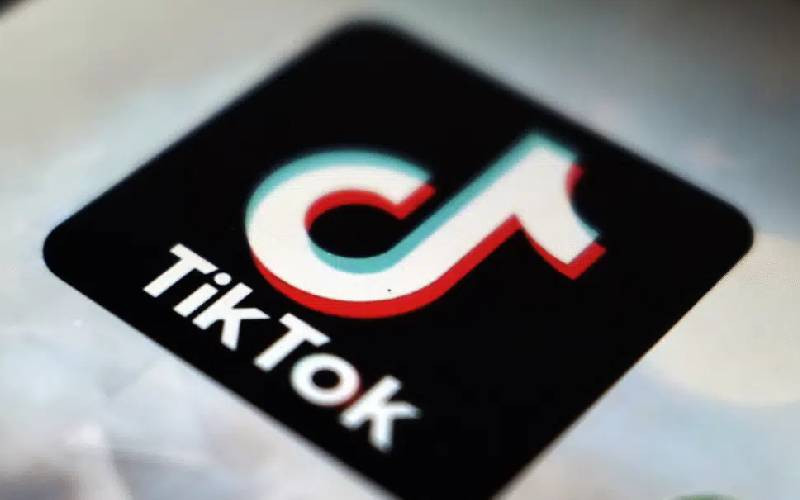×
The Standard e-Paper
Stay Informed, Even Offline

Popular TikToker, Roy Kanyi, received a message that would drastically change the course of social media life: his TikTok account had been banned.
A few months earlier, Kenya's beloved Christine Kendi had also faced a similar fate, despite having over 400 thousand followers. As their fans rallied in support, some people may have wondered what the big fuss was about. Did their phones stop working? Couldn't they just create new accounts? They were mistaken.